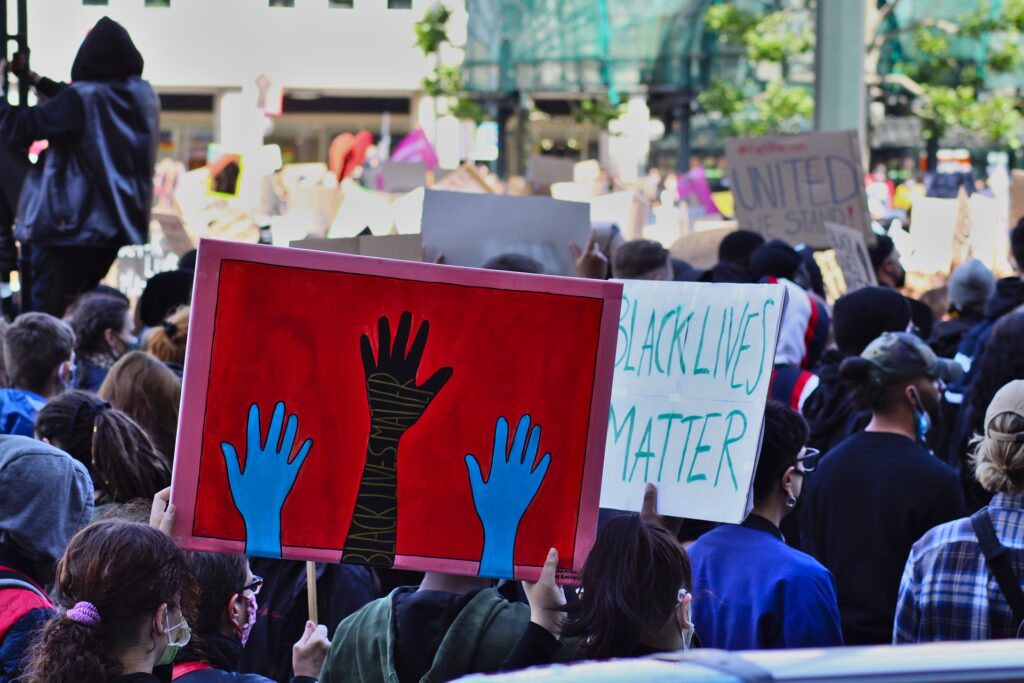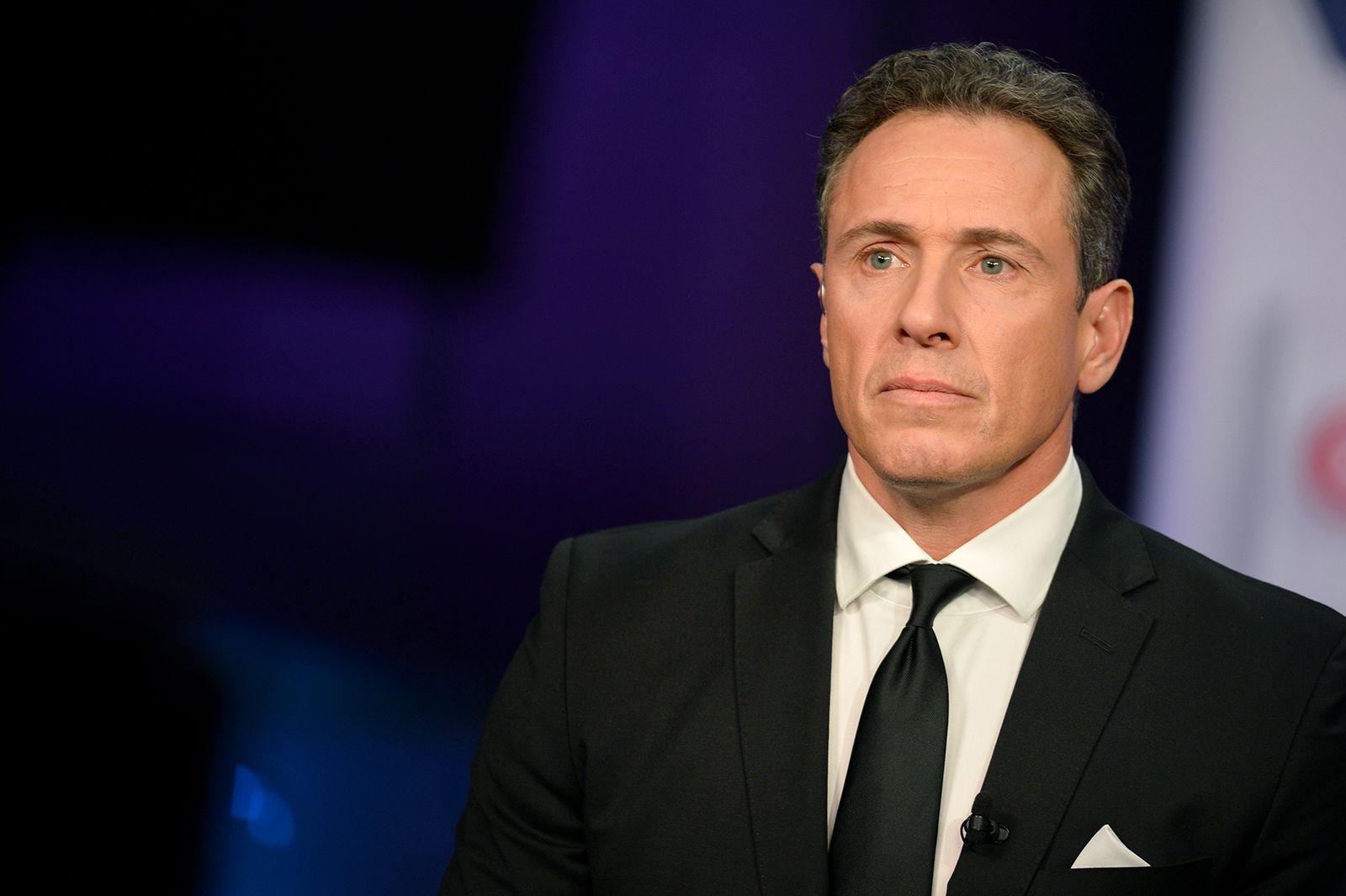(NEW YORK) — Roxanne Gay is known for her novels and her candid writing on race and LGBTQ+ rights. She’s an advocate for racial justice, but that doesn’t make her any less of a journalist. As a queer Black woman, her experience gives weight and perspective to racial topics the way only someone who has been a part of the struggle can. So when celebrity chef and former television star Paula Deen mentioned during a deposition for a lawsuit with an ex-employee that she uses the N-word, Gay weighed in on what that meant for Salon.
They say the proof is in the pudding, and Gay uses sources, history, and personal experience to get her point across. With confidence, she breaks down the details of the deposition and reports the internet’s shocked reaction. True to the ethical code of the SJP, Gay seeks the truth and proves that she is not all talk but has receipts to explain her points. But there aren’t two sides to this story: Gay intends to make a pointed argument using evidence and her own experience. Gay is an advocacy journalist whose point of view adds much needed context to her story.
Gay shared that while many people were shocked that Deen uses the N-word, she wasn’t surprised. As a Black woman, Gay wrote, she is always prepared to witness the moment she will find out someone is racist. It is an aspect of experiencing racism that many aren’t privy to. Gay points out that Deen is southern, and the South has a long history of racism that persists even in current times. And even then, Gay is transparent and willing to admit that her expectancy for racism in the South may say something about her own biases.
But what Gay explains in the Salon article is something that not just anyone could have added to the conversation: the complicated system of racism and how it exists at times in plain sight. Gay points out that while Deen seemed not to know better, she has always known not to use racial slurs during Food Network shows, broadcasts, and interviews. And if she knew that mentioning such language wasn’t something you do in a professional setting, she clearly understood that it was not right. It is this fact that Gay uses to explain that some people that perform racist acts do so in the company of others they think will tolerate the behavior.
The behavior behind closed doors that Gay speaks on isn’t speculation or an idea created for the sake of sensationalism. Gay had personally encountered a white woman who thought she could share racist generalizations about a neighbor who had moved out with her. Gay not only provides a case for how racism is still prevalent today, she proved she understood the other side of the conversation because someone was ignorant enough to think she was the type to indulge in racism herself.
Despite our country’s democratic façade, racism is an ongoing problem. Writers like Gay that continue to provide their expert analysis and testimony provide insight on the reality of what it means to be Black in a country that refuses to acknowledge that it hasn’t abolished the roots that it was built on. It is a reality that we have to face because it has the power to taint even the most beloved TV celebrity.


